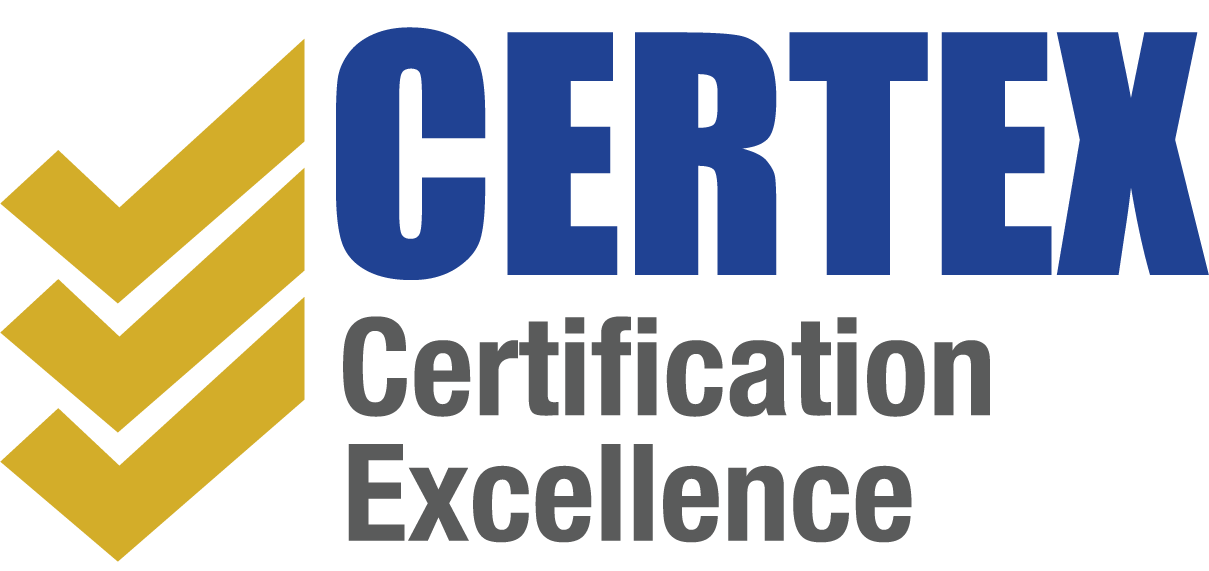Illegal Interview Questions that Employers Cannot Ask
As we embrace the new COVID-normal, many businesses have been busy with hiring new staff and reviewing recruitment processes.
When recruiting, you want to ensure that you are hiring the best candidates possible. This includes gathering detailed information on who they are and what value they can bring to your business.
However, did you know that there are some questions you absolutely cannot ask applicants?
And that doing so could result in serious legal consequences for your business?
No-go zones
Under the Equal Opportunity Act 2010, an employer cannot ask prospective employees for information that could be used to form the basis of discrimination. This includes the following:
Source: Labour Hire Authority Victoria
Approaching questions correctly – Are there exceptions?
When in doubt, remember that it is not lawful to request detailed information about the candidate's personal life unless relevant and necessary to the role they are applying for.
For example, you might need to know...
The applicant’s citizenship/visa status to ascertain their capacity to work
Whether the applicant has a physical disability that will impede their ability to perform tasks in a role requiring heavy lifting and/or manual labour
The applicant’s proficiency in Mandarin in a job that requires fluent Mandarin communication
Such questions will be deemed lawful and appropriate.
Consequences of asking illegal questions
Illegal interview questions still arise in Australian workplaces, despite the legislative boundaries in place. Candidates have the right to refuse to answer these questions and, if pressed, may pursue legal action through regulators as the Fair Work Commission, Fair Work Ombudsman, or the Australian Human Rights Commission.
For more information about workplace discrimination, please visit the Fair Work Ombudsman website below.
iEngage with Certex
Worried that your employment practices may land you in hot water?
Do not worry! We understand that it can be difficult for business to navigate the complex legal landscape of engagement, remuneration, and recruitment.
Luckily, Certex's iEngage Program is designed to assist with just that.
A a high-level assessment of your business risks, it is designed to identify areas that may require further analysis and support. Key areas include types of engagement (e.g. casual, part-time, permanent), wages, leave and other entitlements, engagement contracts, labour hire, and other arrangements such as uniforms, shifts, and accommodation. Your assessor will aim to unravel connections between entities, identify obligations, and evaluate record-keeping strategies.
Contact us today to find out more, or click the button below.


